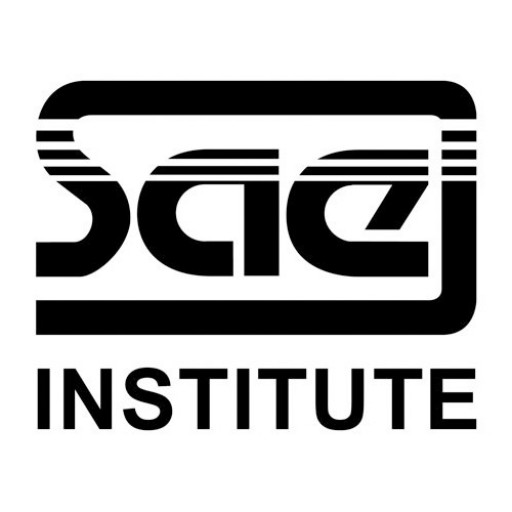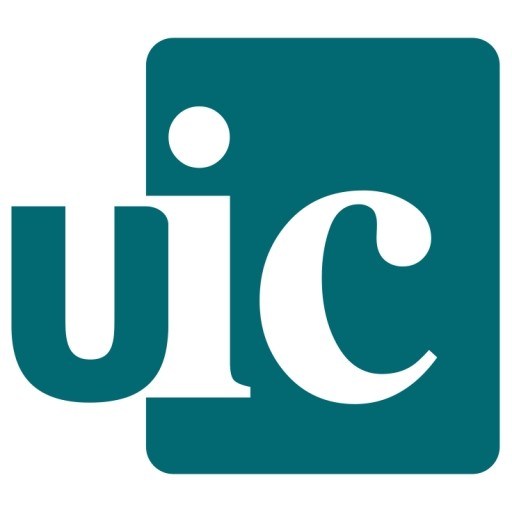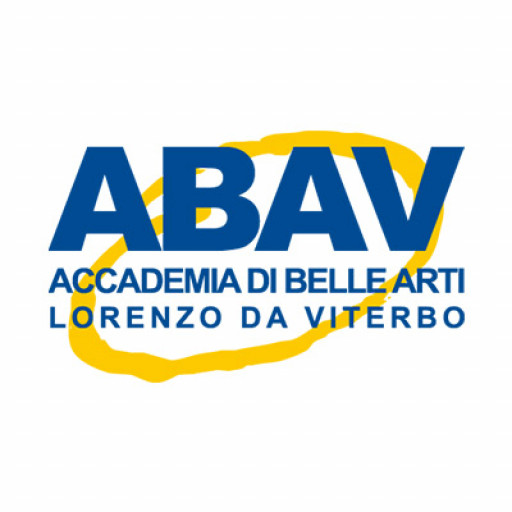This qualification reflects the role of audiometrists who run hearing examinations to detect hearing impairment and do it based on evaluation outcomes. They consult clients for further audiological or clinical examination, and might be associated with maintenance management and instruction programs. Workers at this level tend not to prescribe or dispense hearing aids and are not capable to work as individual practitioners. Audiometrists may work in medical or industrial contexts. No law, legislative, and regulatory or certification requirements affect this qualification during the time of publication.
Program Overview:
The Audiometry diploma program at TAFE NSW offers comprehensive training for students aspiring to become qualified audiometrists and hearing health professionals. Throughout the course, students develop a solid understanding of sound and hearing science, along with practical skills necessary to assess, diagnose, and manage hearing impairments. The program combines theoretical instruction with hands-on training to ensure graduates are well-prepared for a variety of clinical and community settings.
Curriculum Content:
Students will study the anatomy and physiology of the auditory and vestibular systems, gaining insight into how hearing and balance functions operate. The program covers a wide range of audiological assessment techniques, including pure-tone audiometry, speech audiometry, tympanometry, otoacoustic emissions testing, and auditory brainstem response testing. Emphasis is placed on developing proficient skills in performing and interpreting these assessments to identify hearing loss and related conditions accurately.
In addition to technical skills, the curriculum addresses the management of hearing disorders through habilitation and rehabilitation strategies. Students learn about hearing aid fitting, assistive listening devices, and communication strategies tailored to clients with hearing impairments. The program also explores the psychosocial aspects of hearing loss and the importance of patient-centered care.
Clinical Training and Practicum:
A key component of the program involves supervised clinical placements, where students gain real-world experience working with patients under the guidance of experienced audiometrists. These practical placements enable students to apply their theoretical knowledge in clinical settings, develop patient interaction skills, and become familiar with industry standards and protocols. This hands-on training is crucial for building confidence and competency in audiological services.
Career Opportunities:
Graduates of the program are equipped to pursue employment as audiometrists in diverse environments, including hospitals, private audiology clinics, ENT practices, hearing aid centers, and community health organizations. The program prepares students to meet the professional requirements set by industry regulators and to continue with further study or specialization in audiology.
Course Duration and Delivery:
The program is designed to be completed over approximately [insert duration], combining face-to-face classroom learning, practical workshops, and clinical placements. TAFE NSW ensures a supportive learning environment, with access to state-of-the-art audiological equipment and facilities. The flexible delivery options cater to both full-time and part-time students, facilitating access for diverse learner needs.
Entry Requirements:
Applicants should have a relevant educational background, such as a minimum of Year 12 or equivalent. Some prior study or experience in health sciences or related fields may be advantageous. English language proficiency is required for non-native speakers.
Outcome and Accreditation:
Upon successful completion of this diploma, graduates will receive a nationally recognized qualification that enables entry into the audiometry profession. The program aligns with industry standards and prepares students for registration or licensing procedures necessary to practice as audiometrists in Australia.
Join the TAFE NSW Audiometry program to acquire the essential skills and knowledge to make a meaningful difference in people's lives through improved hearing health.
Completion of the Certificate IV in Audiometry (or equivalent qualification) is typically required for entry into the field of audiology and audiometry practice. Prospective students must demonstrate a strong foundation in health sciences, including anatomy and physiology of the human ear and auditory system, as well as proficiency in communication skills to interact effectively with clients. Prior experience or qualifications in health-related fields may enhance admission prospects. Applicants are often required to provide evidence of literacy and numeracy competencies, ensuring they can perform the technical assessments and recordkeeping essential to audiometric practice.
The program generally includes both theoretical coursework and practical training components. Theoretical modules cover topics such as sound measurement, audiometric testing procedures, calibration of audiometric equipment, and understanding of auditory and vestibular disorders. Practical training involves supervised clinical placements where students learn to perform hearing assessments, interpret results, and counsel clients regarding hearing health. Students must complete a set number of hours in clinical practice, gaining hands-on experience in diverse settings such as hearing clinics, hospitals, and community health centers.
To successfully graduate, students are typically expected to pass all coursework assessments, demonstrate clinical competency, and adhere to ethical and professional standards mandated by regulatory bodies. Some programmes may require students to complete a final assessment or capstone project demonstrating integration of theoretical knowledge and practical skills. Continuing education or registration with relevant health authorities, such as the Australian Health Practitioner Regulation Agency (AHPRA), is necessary to practice professionally.
In addition, certain programmes may have language proficiency requirements to ensure effective communication with clients from diverse backgrounds. Successful applicants must often meet immunization and police check requirements for clinical placements. Prevention of risks and maintaining safety standards during practice are emphasized throughout the program. Upon successful completion, graduates are equipped with the foundational knowledge and skills to work as audiometry assistants or pursue further study in audiology, leading toward becoming a qualified audiologist.
The financing of the Audiometry program at TAFE NSW involves a combination of government funding, student contributions, and possible financial assistance options. As a public tertiary education provider, TAFE NSW often subsidizes various accredited programs through state government funding, making the cost more accessible for students. The program fees are determined by the Australian Government's higher education policies and TAFE NSW's prevailing fee structures. Students are typically required to pay tuition fees, which may vary depending on their residency status, such as domestic or international student classifications. International students generally pay higher fees than domestic students, reflecting the broader institutional fee policies.
In addition to tuition costs, students may have access to financial assistance programs, including federal government loans, such as the VET Student Loans scheme, which aims to support eligible students in accessing vocational education without the immediate burden of upfront payments. These loans are subject to eligibility assessments and loan caps, and students are responsible for understanding their repayment obligations upon completion or withdrawal from the program.
Furthermore, TAFE NSW sometimes offers scholarships or grants to support students facing financial barriers, encouraging more individuals to pursue careers in audiometry and related health services. Such scholarships may be aimed at promoting diversity, supporting rural or Indigenous students, or rewarding academic excellence.
Many students also access external financial support through bank loans, employer funding, or sponsorships, especially those already employed in healthcare-related fields seeking further specialization. In some cases, workplaces may collaborate with TAFE NSW to partially or fully fund their employees’ studies, recognizing the importance of developing skilled professionals in audiometry.
Overall, financing options for the Audiometry program are designed to provide flexible pathways for students to undertake their studies, ensuring affordability without compromising educational quality. Prospective students are encouraged to consult TAFE NSW's official fee schedules, financial aid policies, and scholarship opportunities to plan their funding arrangements effectively.
The Bachelor of Audiometry program at TAFE NSW is designed to prepare students for a professional career in audiology, focusing on the assessment and management of hearing and balance disorders. This program combines theoretical knowledge with practical skills to equip graduates for work in diverse clinical settings, including hospitals, clinics, and private practices. The curriculum covers fundamental topics such as auditory science, hearing aids, cochlear implants, and vestibular assessment, along with communication strategies tailored for working with individuals experiencing hearing impairments. Students will engage in hands-on training through work placements, ensuring they gain real-world experience under supervision. TAFE NSW's facilities are equipped with advanced audiometric equipment to facilitate effective learning.
Throughout the program, students learn about the anatomy and physiology of the auditory and vestibular systems, as well as hearing assessment techniques like pure-tone audiometry, speech audiometry, and Immittance testing. The curriculum also emphasizes important aspects of patient care, including counseling and support for individuals with hearing loss. The program prepares graduates to interpret audiometric data accurately and to recommend appropriate interventions. An understanding of healthcare regulations, ethics, and the role of audiologists within multidisciplinary teams is integrated into the coursework.
Career opportunities after completing the Bachelor of Audiometry include roles such as audiologist in hospitals, private clinics, community health organizations, and educational institutions. Graduates may also pursue further specialization or postgraduate studies in audiology or related fields. The program aims to develop competent, compassionate practitioners capable of making a significant impact on the quality of life of persons with hearing and balance disorders. TAFE NSW's commitment to quality education ensures that students receive a comprehensive, industry-relevant training that meets national standards for audiology practice.










